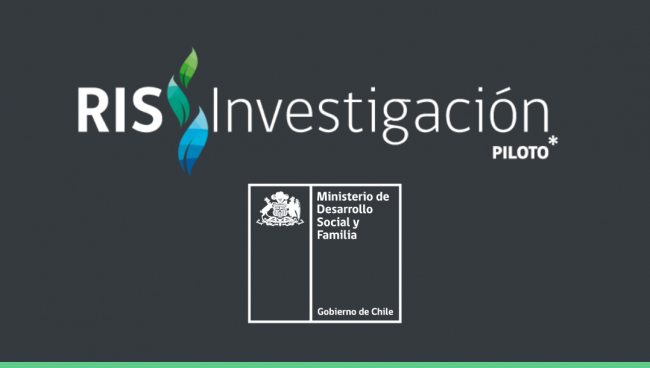
Our Lab Associates Jorge Rodríguez and Andrés Barrios, along with Carolina Allende, recently secured access to individual level administrative data on education and labor market trajectories through the RIS Research Program. Using these data they will develop their project entitled “Direct and Indirect Effects of Affirmative Action in University Admissions.”
The project examines the impact of the Beca de Excelencia Académica (BEA) policy. This affirmative action initiative provides preferential admission slots to top-performing students—those in the top 10% of their high school class—applying to programs within Chile’s centralized university admissions system.
“Our goal is to document the impact of accessing this benefit on higher education enrollment,” explained Jorge Rodríguez. “Furthermore, we aim to measure whether these effects persist in terms of graduation rates and future earnings. A novel aspect of our research is studying whether eligibility for the BEA also influences the educational decisions and trajectories of close peers, such as siblings and neighbors.”
Preliminary evidence suggests that the BEA policy generates significant impacts. The researchers have documented positive effects on university access and graduation for both direct beneficiaries and indirect ones—particularly siblings and neighbors of those eligible for the scholarship.
Finally, Professor Rodríguez added, “The support provided by the RIS Research Program will allow us to assess whether these educational impacts translate into labor market outcomes for direct beneficiaries and their close peers. We expect to have results on this area later this year.”